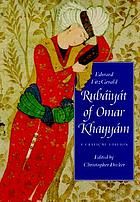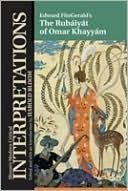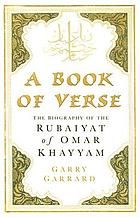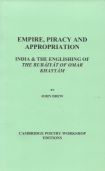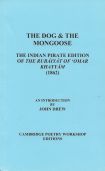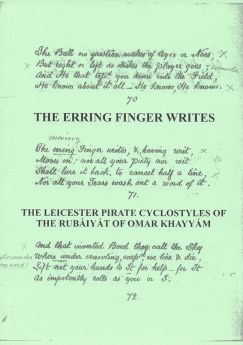Bernard Quaritch and ‘My Omar’ – The struggle for FitzGerald’s Rubáiyát. Arthur Freeman.
In: Edward FitzGerald’s The Rubáiyát of Omar Khayyám. Ed. by H. Bloom. Philadelphia, Chelsea House, 2004. p. 169-183.
(From The Book Collector, special issue. 1997)
As a publisher, Bernard Quaritch’s principal claim to memory lies in his association with Edward FitzGerald. Quaritch’s imprint appears on the first four editions of The Rubaiyat of Omar Khayyam. His instrumentality in popularising The Rubaiyat was well recognised in its time. The publication history of The Rubaiyat is narrated.
